Since then, April 1st has become the traditional day of the Vietnamese Fisheries industry and Uncle Ho's advice has become a call and encouragement for our fishermen to go out to sea day and night to protect the sovereignty of the sea and islands of the Fatherland.
The glorious journey
Remembering Uncle Ho's teaching "our golden forests and silver seas are owned by our people...", on the occasion of the 20th anniversary of Uncle Ho's visit to Cat Ba Island, the Fisheries sector chose April 1st every year to organize the traditional festival of the Fisheries sector. In 1995, the Prime Minister decided to organize the traditional day of the Fisheries sector on April 1st every year to encourage and educate the spirit of love for the profession among the staff, workers and fishermen of the Fisheries sector. Since then, April 1st has become a festival not only for the people of Cat Ba Island but also for the Fisheries sector of our country.
After 65 years of construction and development, our country's fisheries industry in general and the fishing industry in particular have made great strides. During the war, fishermen in the coastal provinces and cities of the North achieved many outstanding achievements, contributing to defeating the American invaders and protecting the sovereignty of the sea and islands.
In Nghe An, fishermen from coastal districts and towns of Quynh Luu, Dien Chau, Nghi Loc, Cua Lo... shot down many planes and, together with the main force, captured many American pilots bombing the North, contributing to protecting the sky, sea and islands of the Fatherland, and were recognized by the Party and State with the titles of Hero of the People's Armed Forces...

After the liberation of the South and the reunification of the country, the whole country joined hands to rebuild the country, the fisheries sector had more conditions to develop. The fishing industry was reorganized into cooperatives and unions to go offshore to fish and develop the socio-economy. Recently, when national sovereignty in the East Sea was threatened by foreign forces, our fishermen with fishing boats at sea, which are national sovereignty landmarks at sea, fought together with the armed forces, contributing to repelling the hegemonic intentions in the East Sea...
Immediately after the Covid-19 pandemic was pushed back and the economy showed signs of recovery, for two consecutive years (2022 and 2023), the export value reached over 10 billion USD/year, contributing to the agricultural, forestry and fishery group accounting for nearly 20% of the value of the entire agricultural sector.

Nghe An Fisheries Industry is called Nghe An Fisheries Company, then Fisheries Department, Department of Fisheries and now Nghe An Department of Agriculture and Rural Development, in which, directly advising management is the Department of Fisheries - Fisheries Control of the province . Although the name is different at times, Nghe An Fisheries still maintains its position as the leading agricultural sector of the province and develops more and more comprehensively and firmly. Currently, the industry has all fields, from exploitation, aquaculture, processing to resource development, breeding, fishing vessel management and fishing logistics services.
Nghe An has a fleet of nearly 3,400 fishing vessels, of which 2,458 fishing vessels of 6m or more must be registered, including 1,355 vessels under 15m in length and 1,103 vessels of 15m or more operating for long periods at sea. In 2023, the total aquatic product output will reach 278 thousand tons, of which over 207 thousand tons will be exploited, an increase of 107.9% compared to the annual plan. Thanks to investment, the province's fishing logistics infrastructure is increasingly developing. In addition to the 4 ports: Cua Hoi, Lach Van, Lach Quen and Quynh Phuong, which are qualified to declare and implement traceability, the province has built 5 ship locks as anchorage, shelter and storm shelter for ships and boats.

Along with policies supporting the application of high technology in aquaculture, Nghe An has issued a Project to support the development of aquaculture on lakes and cages, aiming to gradually shift and restructure the aquaculture industry, reducing dependence on exploitation. Thanks to that, Nghe An is one of the provinces with models of applying advanced and modern science and technology in intensive shrimp farming.
The whole province has 23,351 hectares of aquaculture, of which the freshwater farming area is 19,752 hectares; the brackish water farming area is 2,598 hectares (shrimp 2,350 hectares). In 2023, aquaculture output will reach 70,788 tons, an increase of 112.68% over the same period last year.... Every year, Nghe An produces over 4 billion shrimp seeds and is one of the shrimp seed production centers in the North.

Active international integration
After 65 years of construction and development, the fisheries and aquaculture sector has successfully completed its assigned tasks. However, the country's international integration is increasingly deep and in order to increase the value of seafood after exploitation, one of the requirements and goals of our country's fisheries is to further increase the value of export turnover. However, like other industries, the fisheries sector faces many difficulties in integration. Along with investment and transformation to modernize fisheries, fishermen must change their fishing habits according to the provisions of the Fisheries Law and the International Convention on the Protection of Migratory Marine Resources.

In recent years, along with the Government's policies to support the construction of new offshore fishing vessels, Nghe An has issued its own policies to support fishermen in converting their means of transport and continuing to go offshore. Thanks to that, fishermen have boldly converted from small vessels to large offshore vessels; at the same time, they have invested in more specialized fishing means, increasing exploitation efficiency... To increase the value of seafood after exploitation, fishermen have invested in increasingly modern processing technology and equipment, contributing to reducing consumption and increasing the value of seafood.

In addition to the above outstanding results, one of the challenges that the Nghe An Fisheries industry in particular and our country in general must face is that fishing complies with the provisions of the 2017 Fisheries Law, now shifting to large-scale fishing, so according to regulations, it must be managed and monitored. Specifically, fishing vessels of 6m or longer must be registered, of which vessels of 15m or longer must report to the authorities each time the vessel leaves the sea to fish; the fishing process must record a logbook and maintain a 24/7 VMS route monitoring connection signal; fishing vessels returning to shore must report their output to build a traceability profile...

The reason why our country and the international community have to limit and impose increasingly strict regulations on exploitation is because marine aquatic resources are increasingly depleted. Importing countries, specifically the EU, have recommended and only import aquatic products of clear origin, and at the same time, do not accept illegally caught aquatic products. Vietnam is a major seafood exporter, so this is an extremely big challenge. Therefore, on this occasion, the National and Provincial IUU Steering Committees are directing strongly and mobilizing the responsibility of the entire political system of coastal provinces to manage and monitor IUU fishing activities, contributing to removing the EC yellow card.
Managing against IUU fishing and removing the yellow card is not to deal with the recommendations of the EC but is an opportunity for Vietnamese seafood to access large world markets. We must strictly implement the Fisheries Law and ensure that fishing activities comply with IUU regulations. This is the prestige and honor of the nation when integrating internationally and for the sustainable future of our country's fisheries.
(Excerpt from the speech of Deputy Minister of Agriculture and Rural Development Phung Duc Tien at the inspection against IUU fishing violations in Nghe An).

In Nghe An, with great efforts from the authorities, fishing activities have become more orderly, and IUU fishing violations are decreasing. However, there are still complicated situations of "3 no" fishing vessels and vessels disconnecting VMS monitoring devices, which the province is focusing on handling.
In the near future, implementing the direction of the Ministry of Agriculture and Rural Development, Nghe An will effectively implement the Project to support investment in innovation of concentrated seafood processing and preservation technology. Nghe An is actively implementing policies to support job conversion for fishermen to go ashore, gradually reduce exploitation, encourage exploitation activities towards tourism and protect the marine ecological environment... Hopefully, with the above new orientations, the fisheries industry will be given more resources to develop further in the coming time./.
Source


![[Photo] Overcoming all difficulties, speeding up construction progress of Hoa Binh Hydropower Plant Expansion Project](https://vstatic.vietnam.vn/vietnam/resource/IMAGE/2025/4/12/bff04b551e98484c84d74c8faa3526e0)
![[Photo] Closing of the 11th Conference of the 13th Central Committee of the Communist Party of Vietnam](https://vstatic.vietnam.vn/vietnam/resource/IMAGE/2025/4/12/114b57fe6e9b4814a5ddfacf6dfe5b7f)




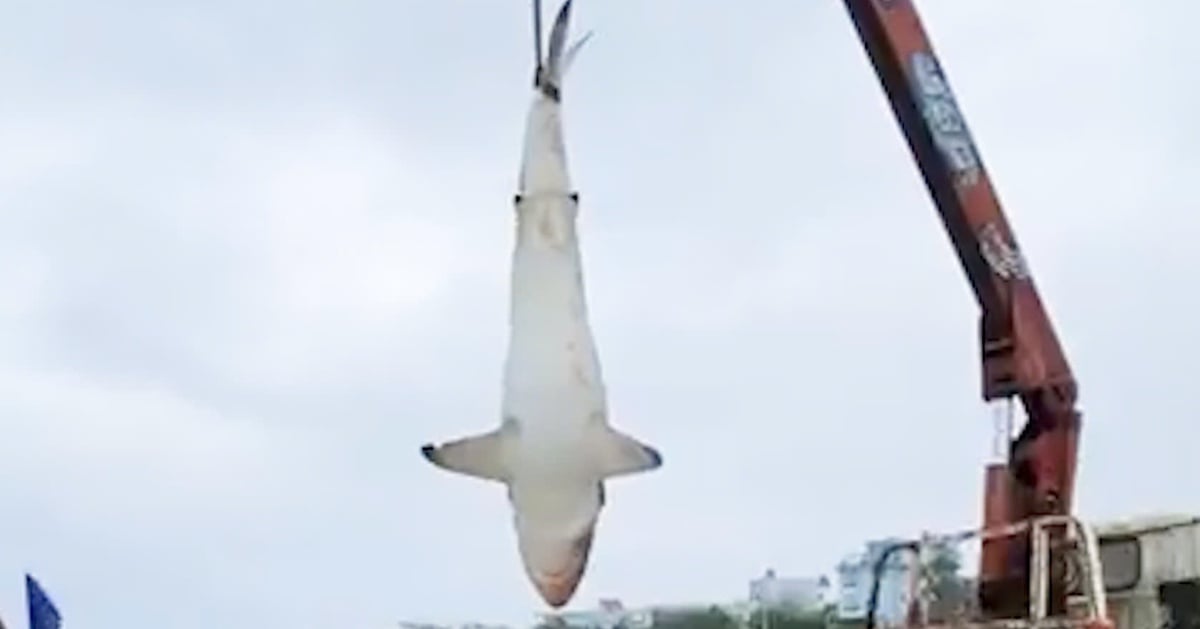

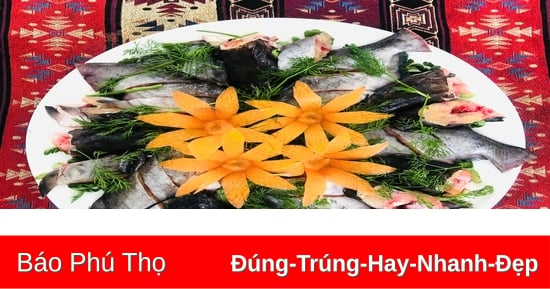
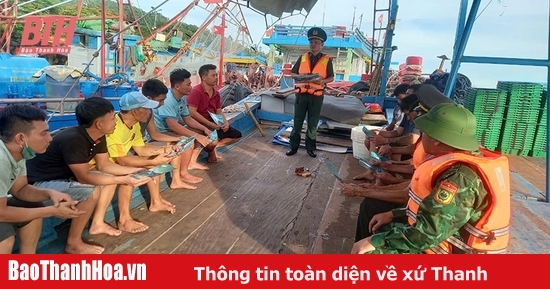
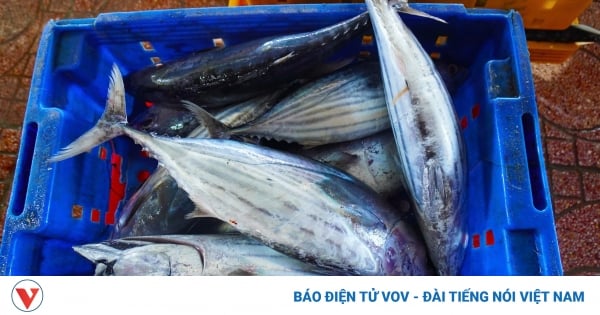

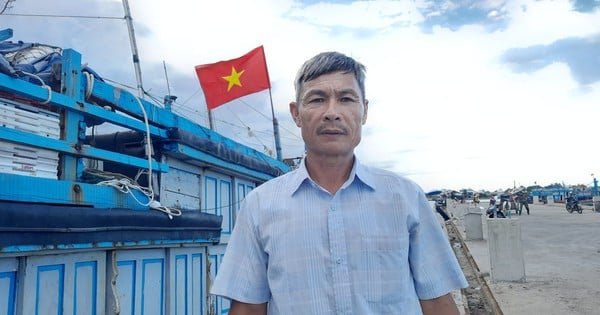

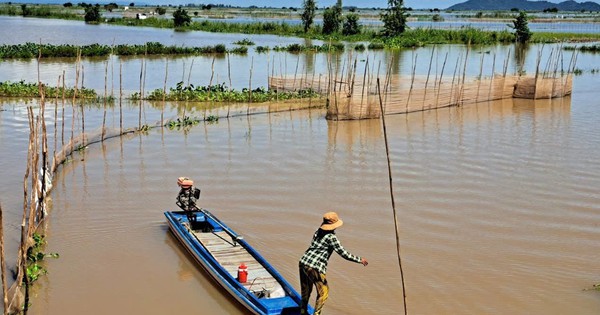

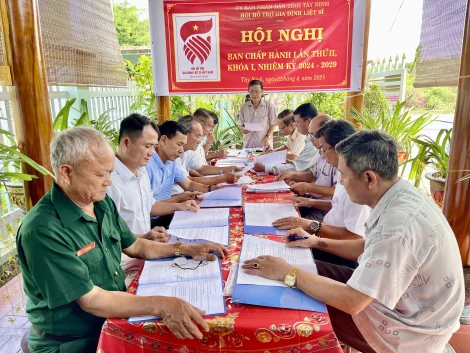
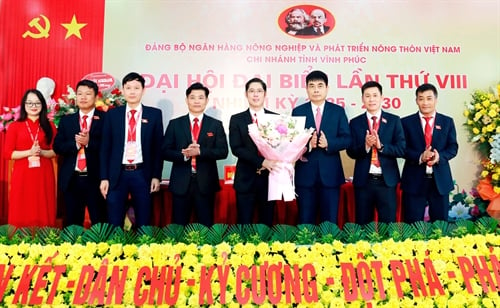



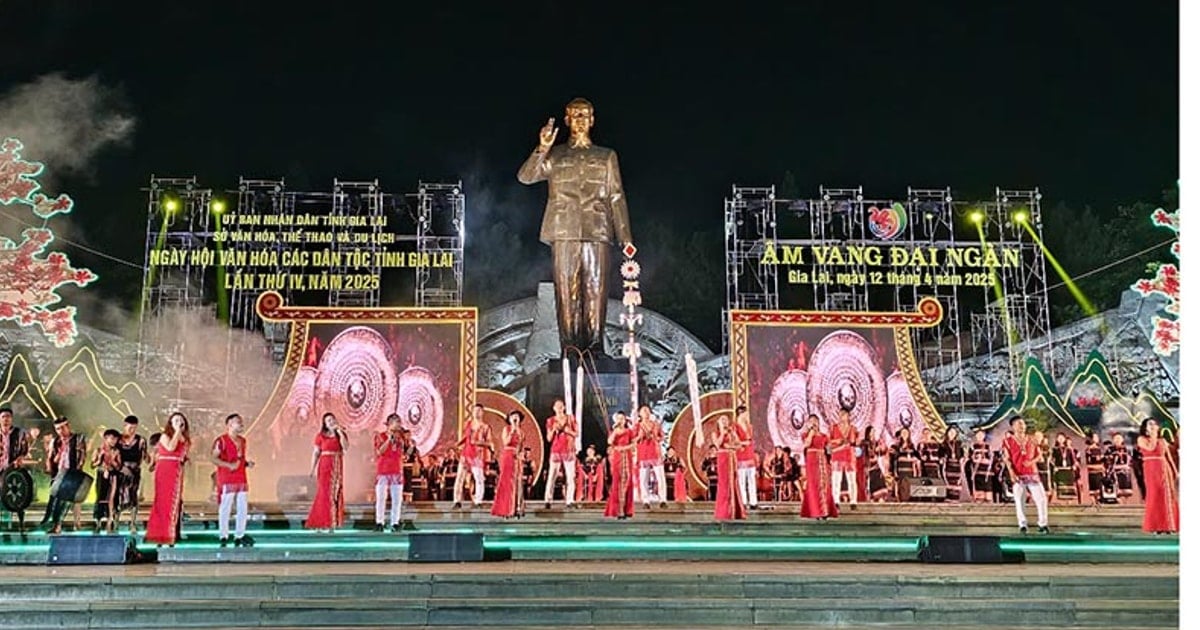



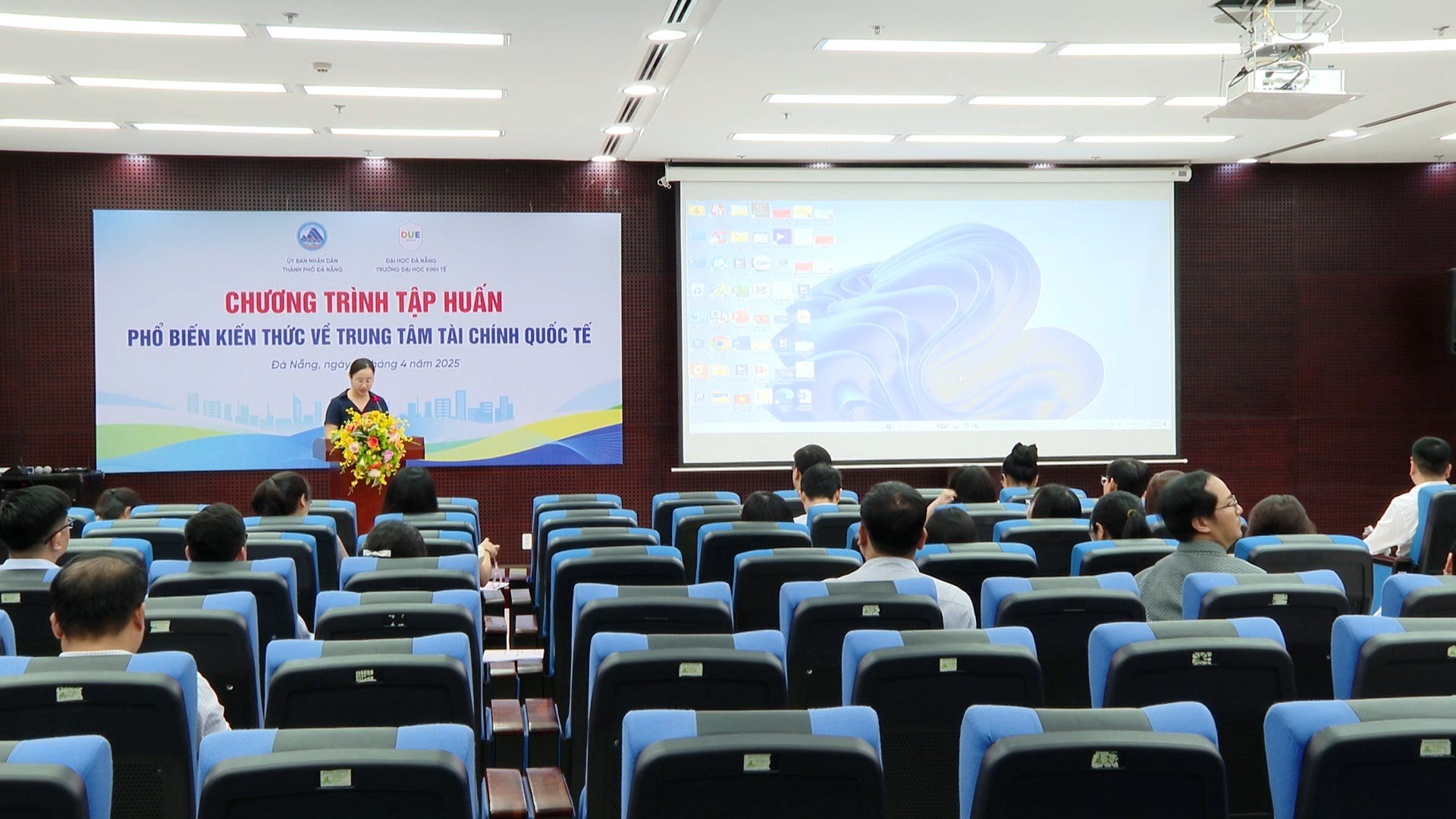
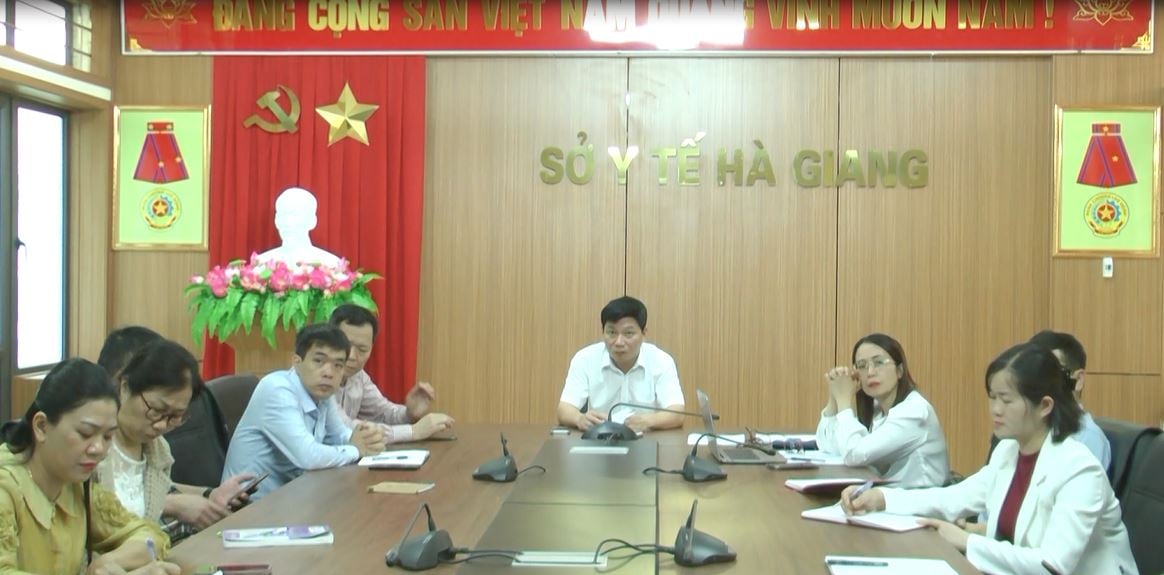
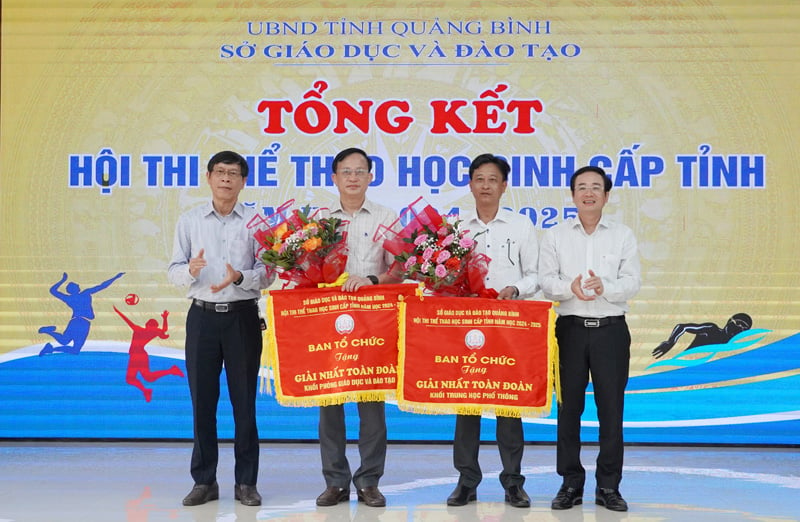
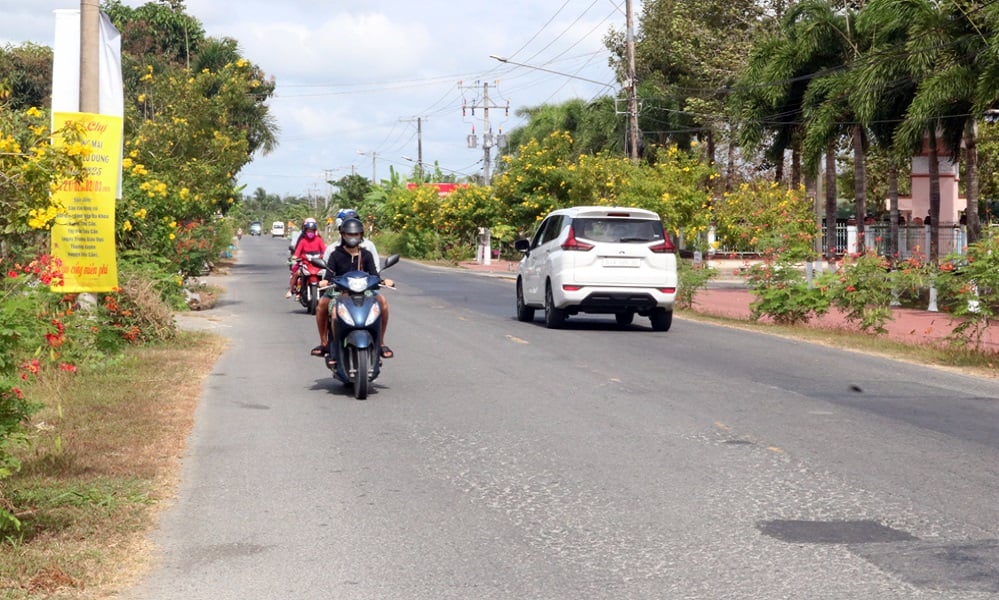
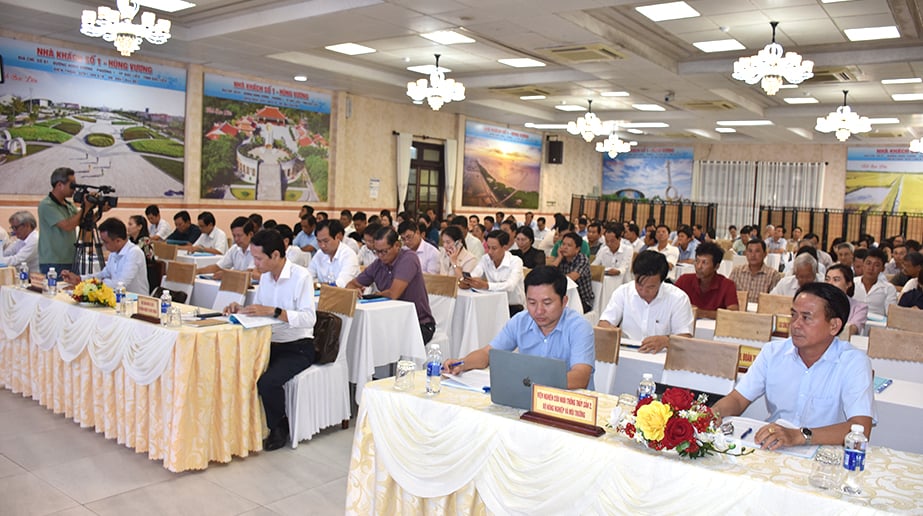
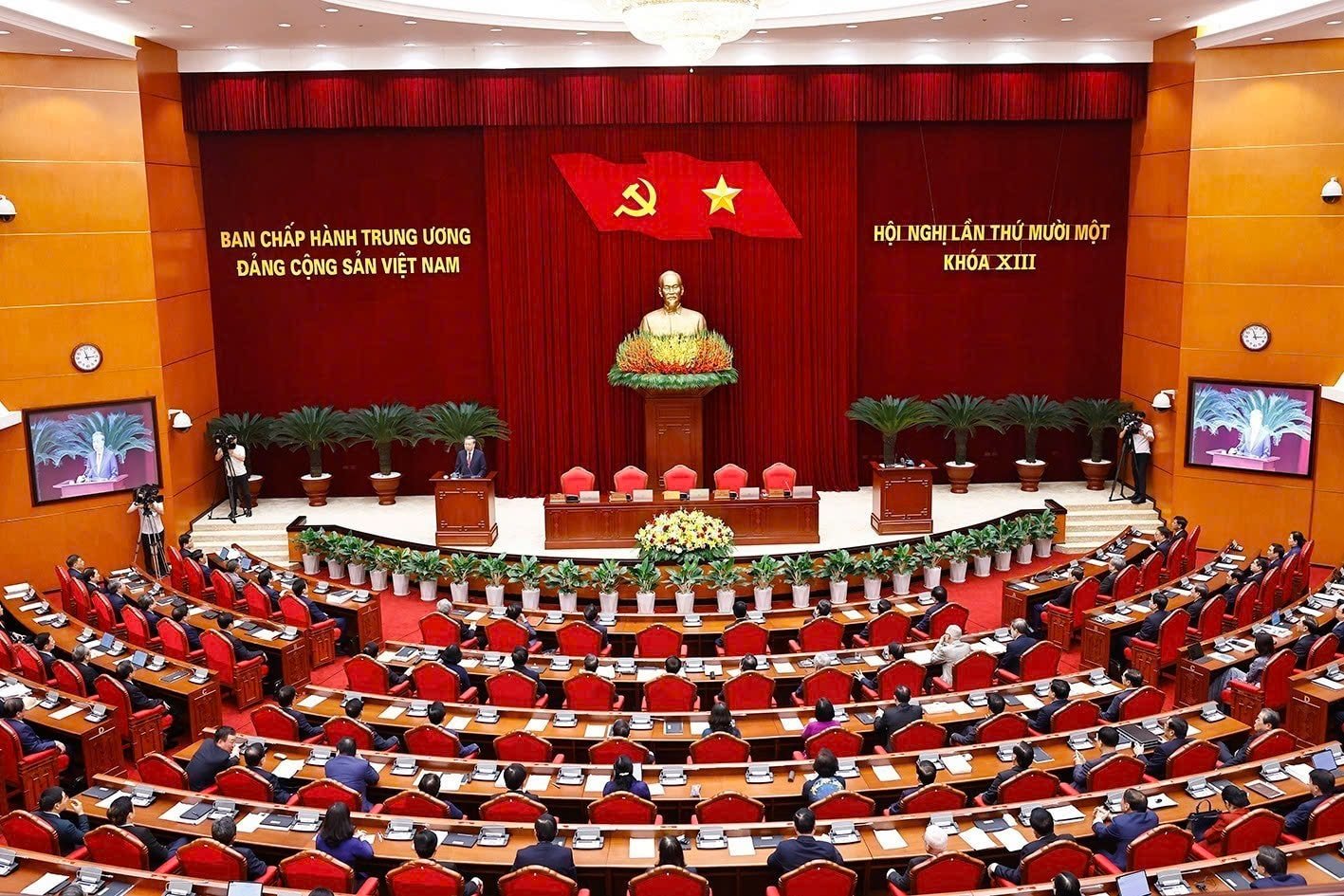




























































Comment (0)